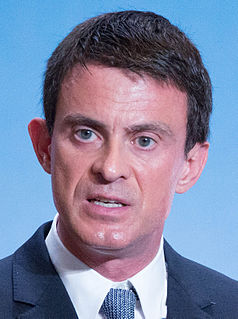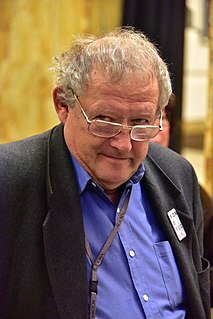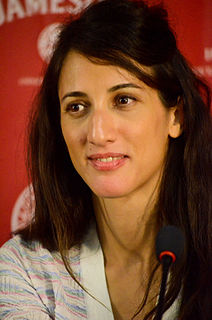A Quote by Zbigniew Brzezinski
There is an element of delusional obsession in the French political elite's preoccupation with the notion that France is still a global power.
Related Quotes
I don't fear death. I'm not obsessed with it the way everybody else seems to be. It's wrong to say "everybody," but in literature I see it all the time - preoccupation with it, philosophical preoccupation, in fact. That's a principle element of literature and philosophy, often cited as the main element, the only real element. I say give it up.
Economics now drives politics. This gives us a system in which the relationship between power and politics is no longer fused. Power is global. We have an elite that now floats in global flows. It could care less about the nation-state, and it could care less about traditional forms of politics. Hence, it makes no political concessions whatsoever. It attacks unions, it attacks public schools, it attacks public goods. It doesn't believe in the social contract.
The question is, how do you stop the power elite from doing as much damage to you as possible? That comes through movements. It's not our job to take power. You could argue that the most powerful political figure in April of 1968 was Martin Luther King. And we know Johnson was terrified of him. We have to accept that all of the true correctives to American democracy came through these movements that never achieved formal political power and yet frightened the political establishment enough to respond.
The Second World War had a precipitating effect in that it discredited the empires, as well as bankrupting them. Not only could you no longer, if you were a colonial subject of France in Africa, look to France as a model of power and influence and civility after what had happened in the war. Nor could the French any longer afford to run their empire. And nor could the British, although they were not discredited in the way that the French were.
I live in New York now, and miss France quite a bit. Of course, the reality of living in a small village in the south of France was very different than the fantasy I had of living in France. Over the years I spent there, that fantasy was worn away and I found a more realistic version of France than the one I began with. I wouldn't say the spell ever goes away, but transforms. Now that I understand French culture more intimately, and speak fluent French, I have a different, more solid, relationship to the country.
More directly linked to the impact of technology, it involves the gradual appearance of a more controlled and directed society. Such a society would be dominated by an elite whose claim to political power would rest on allegedly superior scientific know-how. Unhindered by the restraints of traditional liberal values, this elite would not hesitate to achieve its political ends by using the latest modern techniques for influencing public behavior and keeping society under close surveillance and control.
































